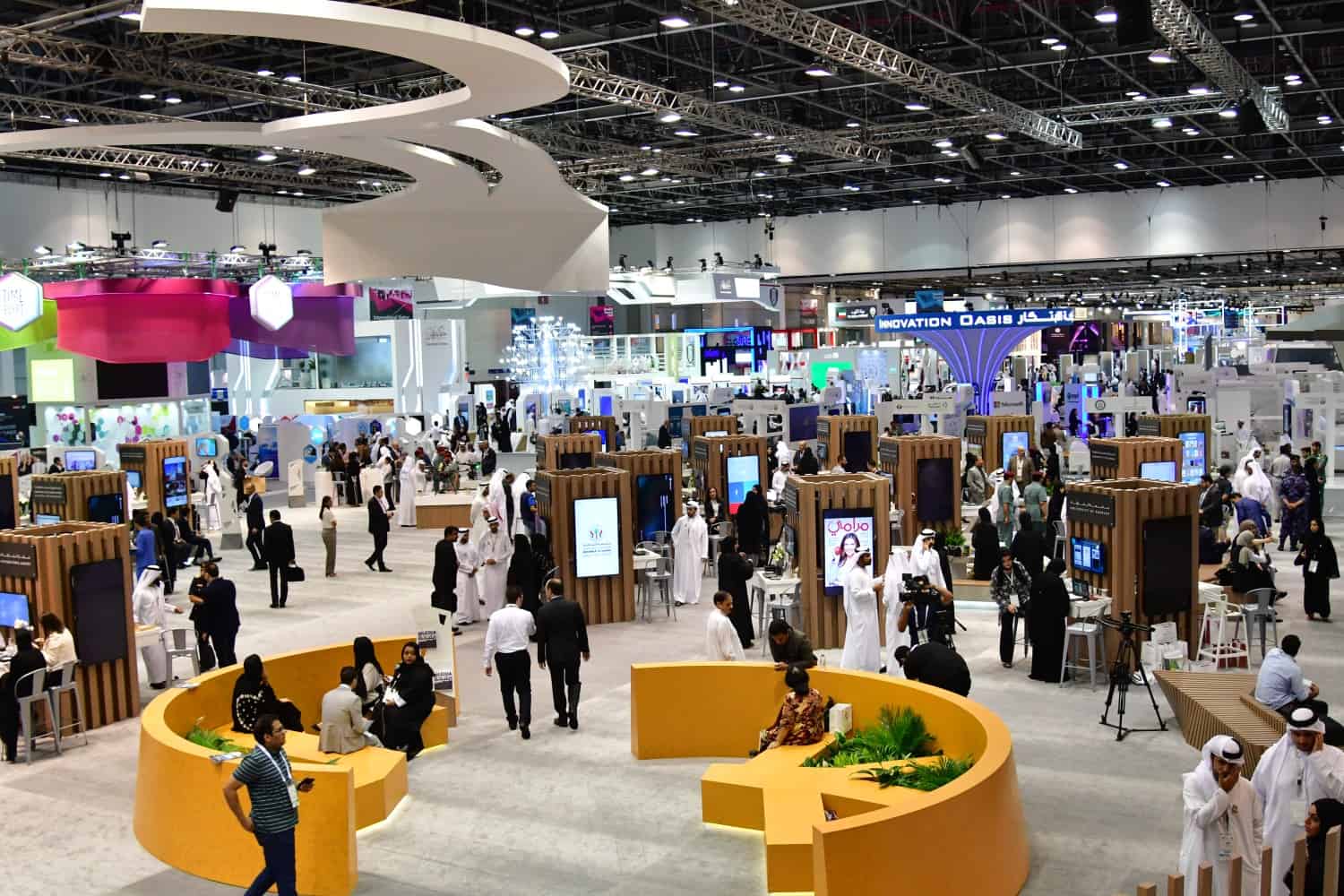Unstable global economic cycles, regional conflicts, and health risks have made business management a herculean task. In fact, business leaders face a significant challenge in countering the growth of uncertainty and the continuous changes in the market segments due to the global pandemic.
Today, as the economy started to recover post COVID-19, a series of global macroeconomic issues emerged, including rising debt costs and inflation, both of which impact how GCC companies manage their growth rate.

In an interview, Amanat Holding’s CEO Dr Mohamed Hamade told TRENDS on the sidelines of a TOP CEO 2022 conference that today’s challenges will be more concentrated on the optimization of companies’ capital structure. These pressures have been partially offset by the incremental growth in funding and the influx of foreign direct investment, especially into geographies like the UAE, with Dubai recently ranking the first globally in attracting FDI in 2021 amidst quite a challenging period and a global economic rebound.
“With more corporates relocating to the emirate, that could also help fuel growth strategies and improve the trajectory of companies heavily impacted by certain macro-economic pressures,” he added.
Facing the challenges
Global inflation may impact all markets by different magnitudes depending on whether it’s an emerging or developing economy. However, Hamade believes that the region’s markets are better prepared to navigate these headwinds given the proactive stance it has witnessed across attracting FDI’s, relocation of businesses, and even market sentiment.
“These are all a translation of policymakers’ efforts and reforms paving the way to future growth and differentiation, especially in a volatile macro-economic climate globally,” he mentioned.
Moreover, the role of startups and SMEs has been vital for facing challenges. According to him, startups have been contributing to driving economic self-sufficiency aided by homegrown production and facilitation to reduce the burden of imports.
He went on to say that local production, technology, and the improving quality of goods and services will alleviate the pressure of exports, even if only slightly. They will set up the economy for a much stronger foundation for the future, enabling the region to absorb economic shocks and maintain a steady growth trajectory.
Furthermore, food, energy, healthcare, and education are vastly changing, with the latter forming the essence of increasing human capital and creating a hub for innovation and technology that are attracting multinational companies and positioning the UAE at the forefront of innovation, shaping the future.
According to Hamade, Amanat will continue to invest in industry leaders while expanding its presence and portfolio across the region using its present and potential platforms.
“We see promise in our markets fueled by the agenda and vision of the different nations’ leaders, who are promoting projects that complement the sectors we invest in, healthcare and education.” In addition, our market positioning and industry emphasis will allow us to be more proactive in possible PPPs,” Hamade noted.
It’s worth noting that Amanat invests in sectors critical to the UAE’s National Transformation Programs. They’re looking for potential collaboration and partnerships to complement and support these initiatives in the healthcare and education sectors and across technologies disrupting these sectors.







